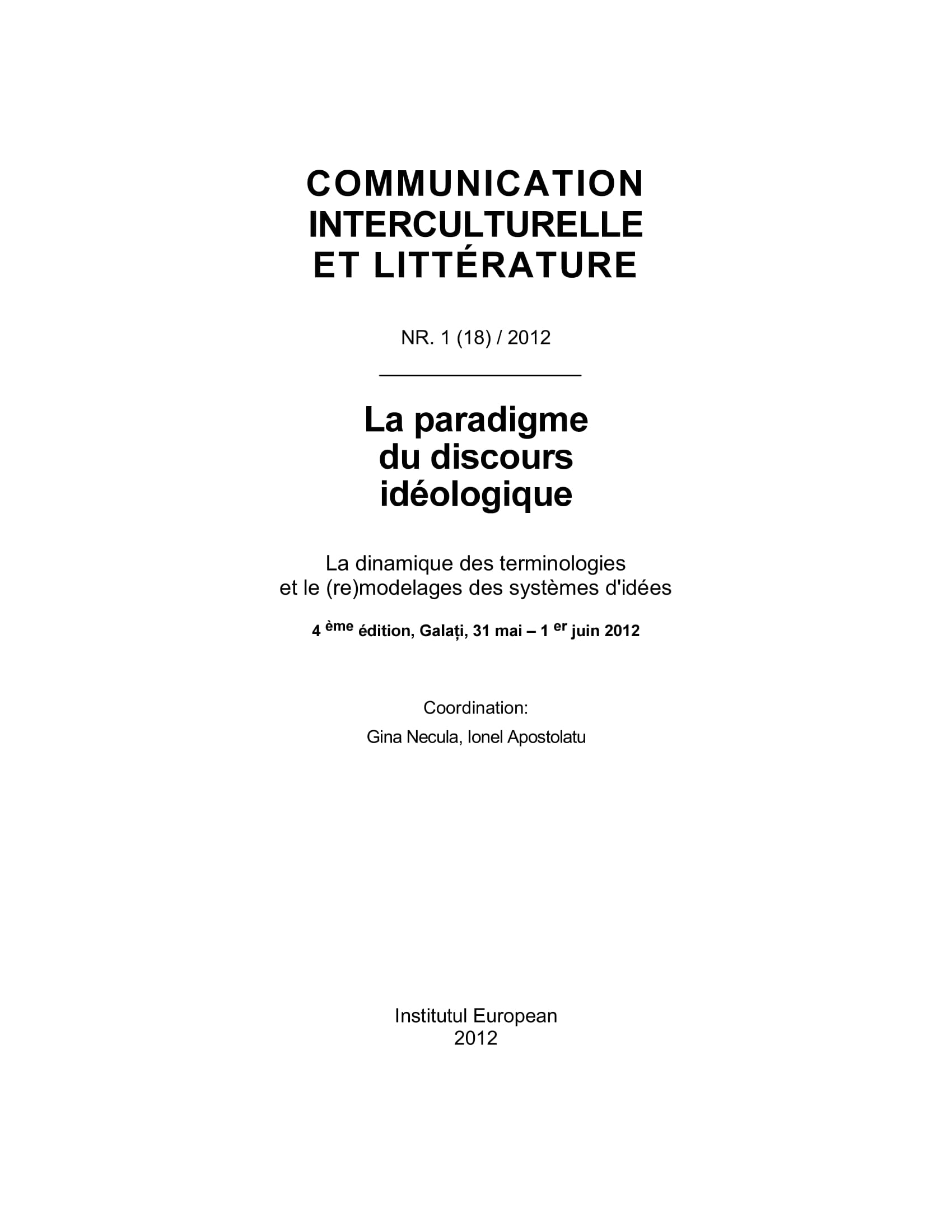Die sozialistische Ideologie im Spannungsfeld der DDR Rezeption in der BRD
Die sozialistische Ideologie im Spannungsfeld der DDR Rezeption in der BRD
Author(s): Oana Andreea Maria Vieru GorbănescuSubject(s): Language and Literature Studies, Studies of Literature
Published by: Editura Casa Cărții de Știință
Keywords: socialist ideology; mentality; literature; GDR; FRG
Summary/Abstract: After the Second World War, Germany was divided into two occupation zones, each marked by different political, social and cultural influences. Imposed socialist ideology in the GDR has an overwhelming effect on the mentality of the East Germans, leading to the transposing of the political border in culture, especially in the literature. Initially, writers struggled to keep the spirit of German culture alive through numerous conferences and proclamations. However, their efforts could not overcome the barriers imposed by the antagonism of the two ideologies, the Eastern real socialism and the Western liberalism. Since 1964 they speak openly about the existence of "two independent and different literatures" whose cleavage was determined by "political and social censorship" (Zwei deutsche Literaturen? Zu G. Grass, U. Johnson, H. Kant, U . Plenzdorf Ch und Wolf, Eberhard Mannack, Athenäum Verlag, 1977, S. 1). Despite this classification, there are still writers and critics who, relying on linguistic criteria, common historical past and common themes addressed in the literature in this period, categorically refuse the division of the German literature after 1945 by the mean of politics. This issue becomes crucial in the process of reception of a literary work and its author, as the membership of a specific literature creates a sum of factors that contribute directly to the perfection of the creation act.
Journal: Comunicare Interculturală și Literatură
- Issue Year: 18/2012
- Issue No: 1
- Page Range: 259- 265
- Page Count: 7
- Language: German

